
jQuery Topics
- jQuery Introduction
- jQuery Callbacks
- jQuery deferred
- jQuery selectors
- jQuery Ajax Events
- jQuery Ajax Methods
- jQuery Keyboard Events
- jQuery Keyboard Methods
- jQuery Form Events
- jQuery Form Methods
- jQuery Mouse Events
- jQuery Mouse Methods
- jQuery Event Properties
- jQuery Event Methods
- jQuery HTML
- jQuery CSS
- jQuery Fading
- jQuery Traversing
- jQuery Utilities
- jQuery Properties
jQuery event.stopImmediatePropagation() Method
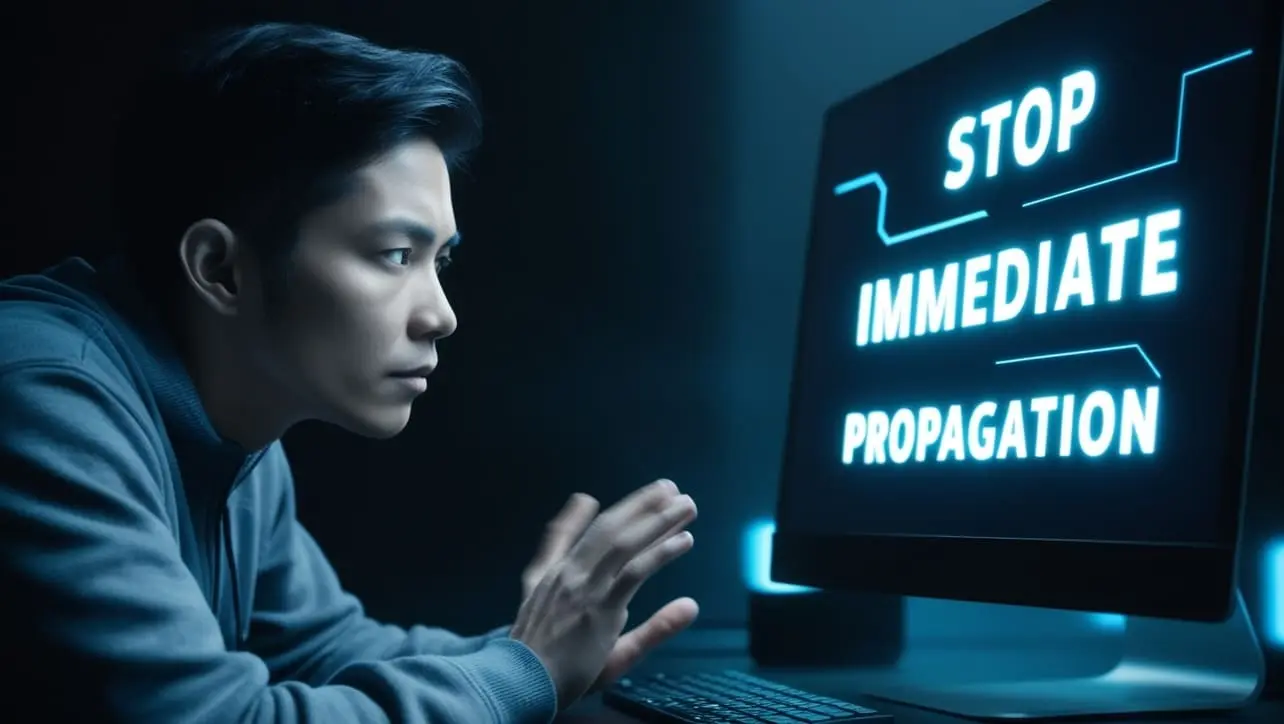
Photo Credit to CodeToFun
🙋 Introduction
jQuery offers a variety of methods to control event handling in your web applications. One such method is event.stopImmediatePropagation(), which provides precise control over event propagation. This method is particularly useful when you need to prevent other handlers from executing after the current one.
In this guide, we will explore the event.stopImmediatePropagation() method with detailed explanations and practical examples.
🧠 Understanding event.stopImmediatePropagation() Method
The event.stopImmediatePropagation() method prevents the rest of the handlers from being executed on an event. This means that if an event handler calls event.stopImmediatePropagation(), no other event handlers, whether bound directly to the element or using event delegation, will be executed for that event.
💡 Syntax
The syntax for the event.stopImmediatePropagation() method is straightforward:
event.stopImmediatePropagation();📝 Example
Basic Usage:
To understand the basic usage of
event.stopImmediatePropagation(), let's look at a simple example where multiple event handlers are attached to the same element:index.htmlCopied<button id="myButton">Click Me</button>example.jsCopied$("#myButton").on("click", function(event) { alert("Handler 1"); event.stopImmediatePropagation(); }); $("#myButton").on("click", function(event) { alert("Handler 2"); }); $("#myButton").on("click", function(event) { alert("Handler 3"); });When the button is clicked, only "Handler 1" will be alerted because
event.stopImmediatePropagation()prevents "Handler 2" and "Handler 3" from executing.Combining with event.stopPropagation():
While event.stopPropagation() stops the event from bubbling up to the parent elements, it does not prevent other handlers on the same element from executing. Here’s an example illustrating the difference:
index.htmlCopied<button id="myButton">Click Me</button>example.jsCopied$("#myButton").on("click", function(event) { alert("Handler 1"); event.stopPropagation(); // Stops the event from bubbling up }); $("#myButton").on("click", function(event) { alert("Handler 2"); event.stopImmediatePropagation(); // Prevents subsequent handlers on the same element }); $("#myButton").on("click", function(event) { alert("Handler 3"); }); $(document).on("click", function(event) { alert("Document Handler"); });In this example, clicking the button will alert "Handler 1" and "Handler 2", but "Handler 3" and "Document Handler" will not be alerted. This is because event.stopPropagation() in "Handler 1" stops the event from reaching the document level, while
event.stopImmediatePropagation()in "Handler 2" prevents "Handler 3" from executing.Event Delegation with event.stopImmediatePropagation():
Event delegation allows you to attach a single event handler for a parent element that handles events for its child elements. Using
event.stopImmediatePropagation()can control which handlers execute:index.htmlCopied<ul id="myList"> <li>Item 1</li> <li>Item 2</li> <li>Item 3</li> </ul>example.jsCopied$("#myList").on("click", "li", function(event) { alert("List Item Clicked"); event.stopImmediatePropagation(); }); $("#myList").on("click", function(event) { alert("List Clicked"); });Here, clicking on a list item will only trigger the alert "List Item Clicked", because
event.stopImmediatePropagation()prevents the "List Clicked" handler from executing.
🎉 Conclusion
The event.stopImmediatePropagation() method in jQuery is a powerful tool for managing event flow and handler execution. By understanding and effectively utilizing this method, you can gain fine-grained control over your web application's event handling behavior, ensuring that only the desired handlers are executed.
This method is particularly useful in complex applications where multiple event handlers might interfere with each other.
👨💻 Join our Community:
Author

For over eight years, I worked as a full-stack web developer. Now, I have chosen my profession as a full-time blogger at codetofun.com.
Buy me a coffee to make codetofun.com free for everyone.
Buy me a Coffee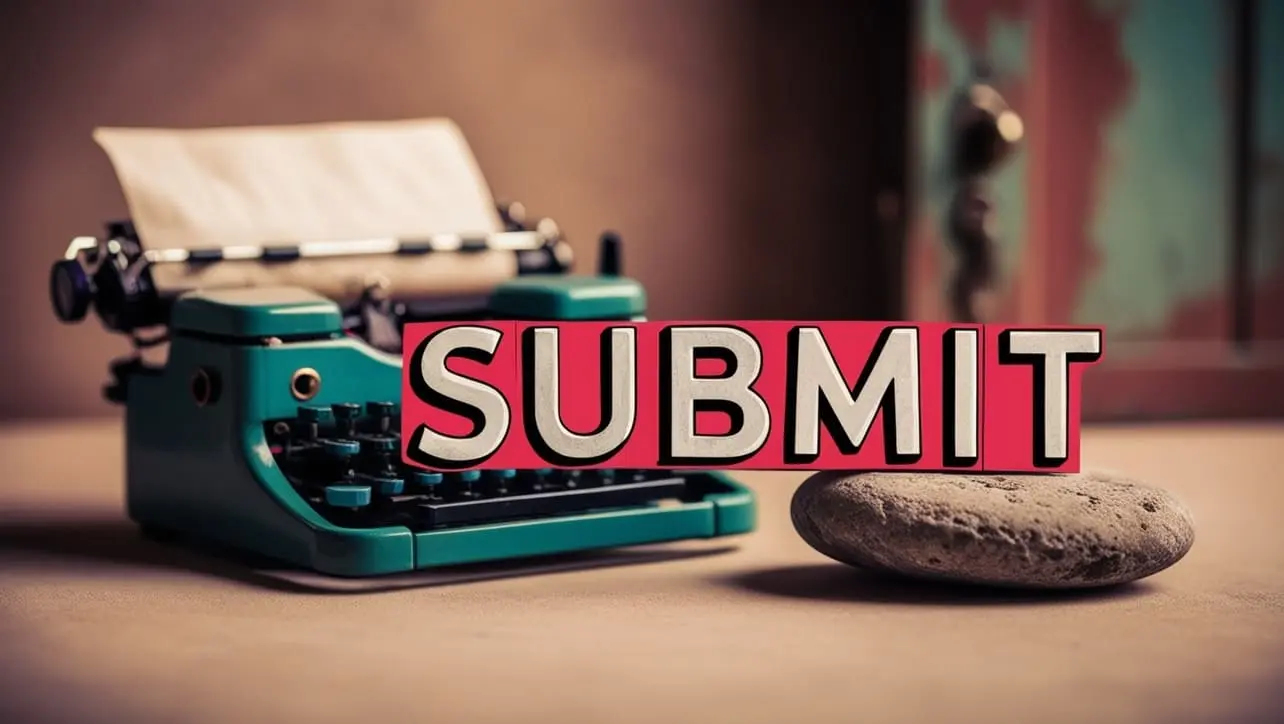
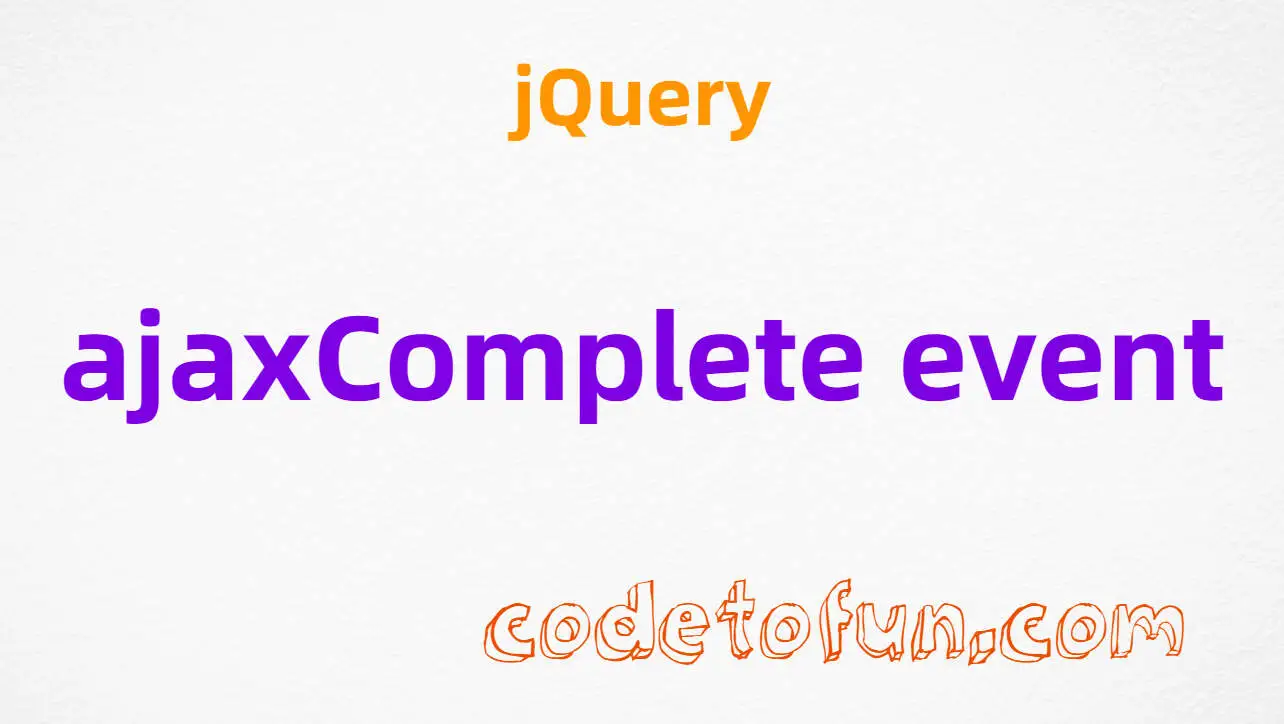
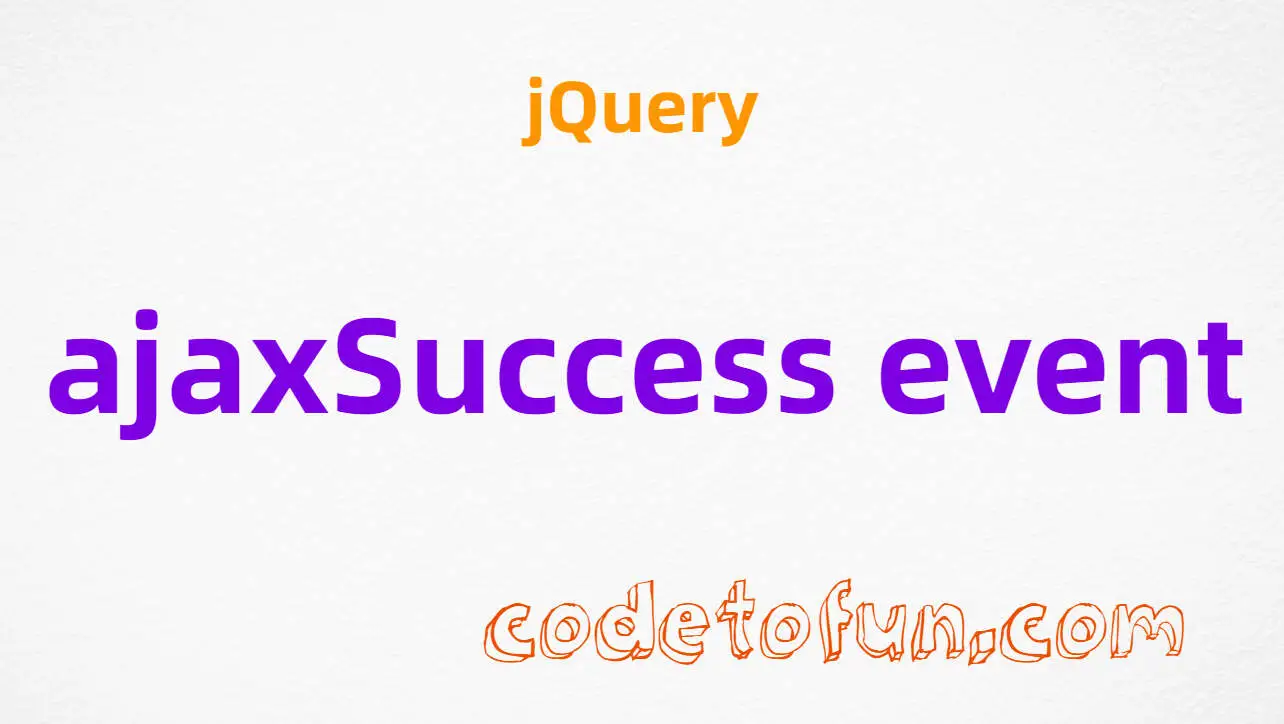
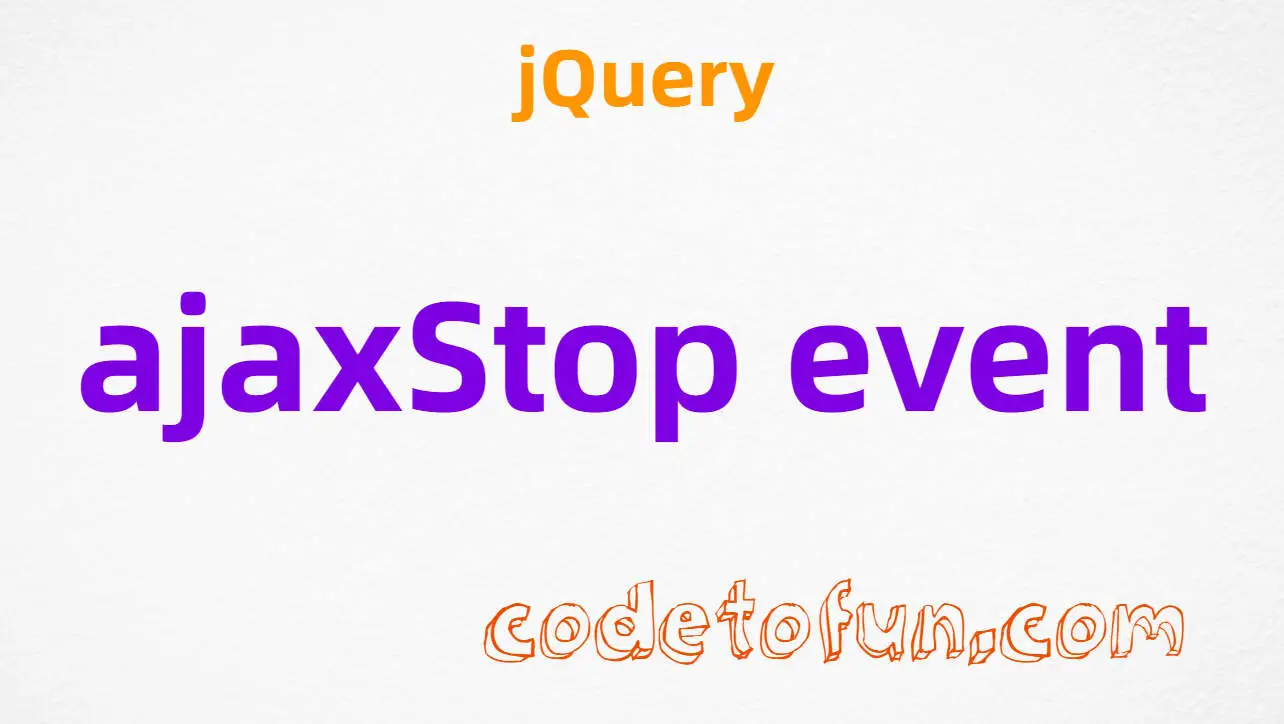
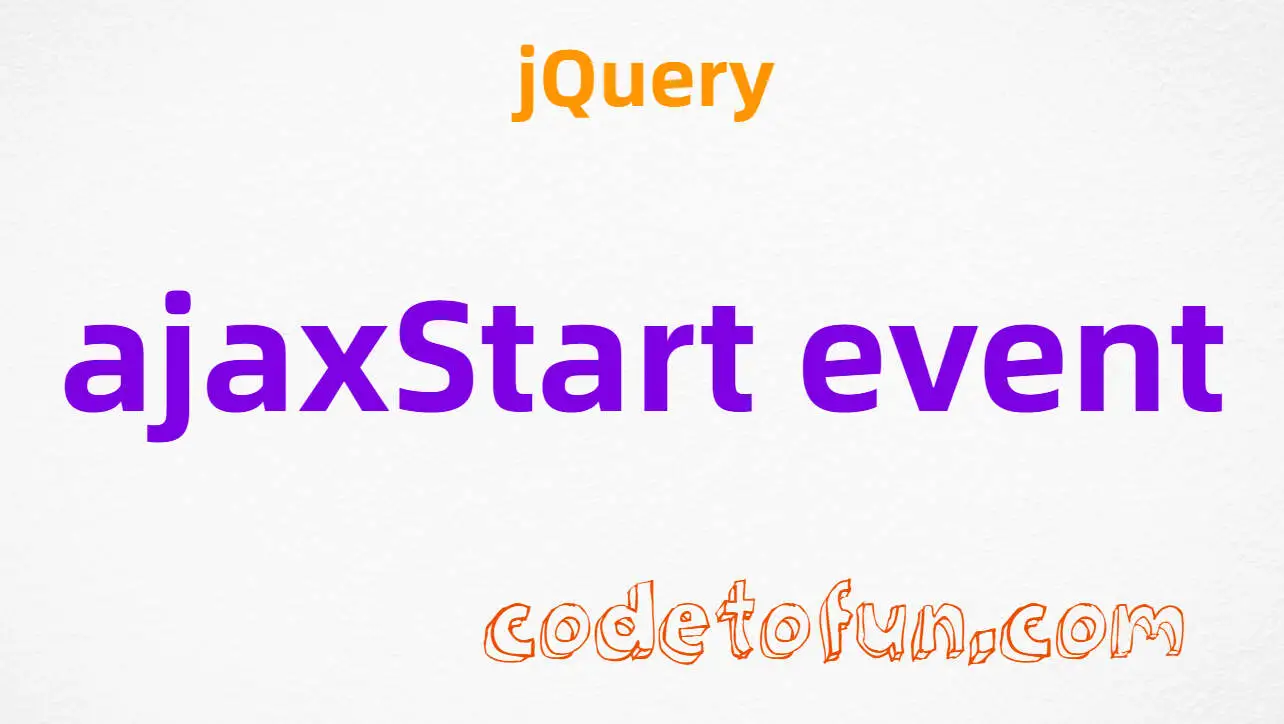
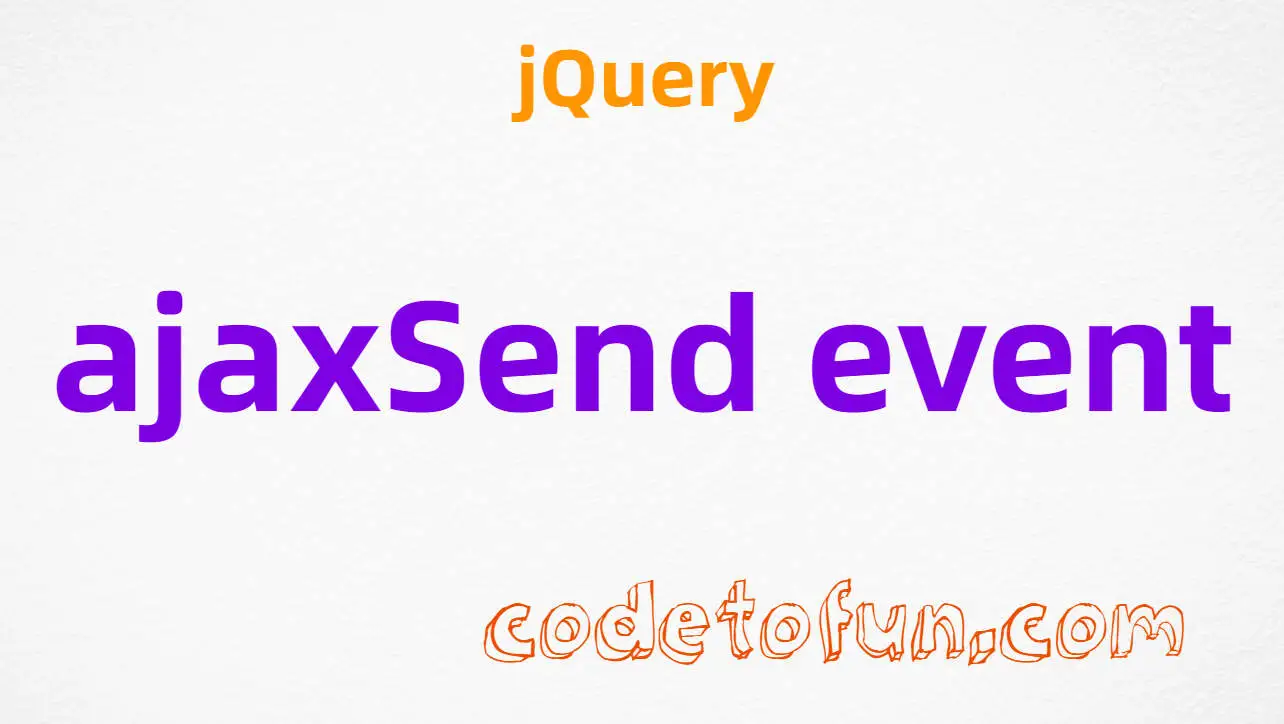







If you have any doubts regarding this article (jQuery event.stopImmediatePropagation() Method), please comment here. I will help you immediately.